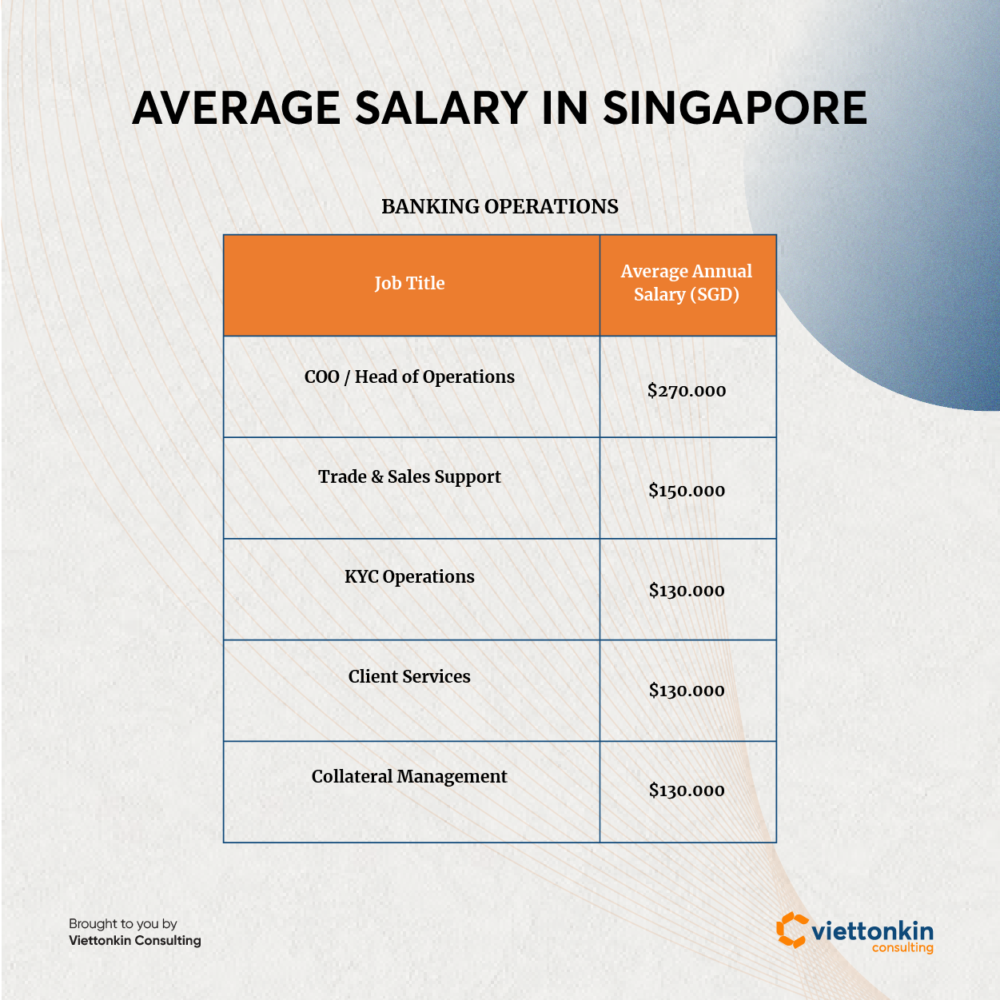
A career as a software engineer requires an understanding of software development processes, modeling and structuring problems, and translating end user requirements into technical requirements. They should also be able build and test software. Software engineers are often team-oriented and project-based. Their job is to support the entire life cycle of software, from initial conception to final deployment. This article will address the key skills that are required to succeed.
Job description
If you're in the market for a software engineer job, you can write a killer software engineer job description to attract top candidates. There are many ways to create a software engineers job description, no matter if you are looking for a full time job or a contract job. To begin, you should think about the goals of your organization when hiring a software engineering professional. You may be looking to revolutionize the financial industry with machine learning or to provide technical solutions for scaling up growth. Whatever your motivation, your job description should be driven by it.

Salary
The salary for a software engineer depends on several factors. Important factors include the type of work performed and the geographical location of the employer. The salary data for this position is averaged over a two-month pay period. The federal and state tax tables for 2018 are used to calculate the taxes. Other taxes may not be considered in certain metro areas. This article is only for informational purposes and does not constitute financial advice.
Career paths
Software engineers can choose from several career tracks. They can decide to become freelance or contract workers. Each type offers unique opportunities for growth. The US Bureau of Labor Statistics defines both types of engineers as software engineers. Here are some career options for software engineers. These careers often start as entry-level engineers. They can advance to higher-level roles as they gain experience, and their skills improve. Software developers might become senior software engineers, project managers, or chief technology officers.
Education is necessary
The education required for a software engineer position is relatively straightforward. Software engineers maintain and develop programs for various apps. Many of these programs revolve around relational database and require strong analysis skills. Other programs may use non-relational data sources such as Mongo DB (popular among web developers) and BigTable (popular among web designers). A quality degree program will be focused on logical and oral communication, written communication, professional ethics, customer services, and the ability to make sound decisions. You can begin studying to become a software engineer if you already have a degree in computer science.

Environment for work
Software engineers spend long hours working behind a computer. They have to communicate with colleagues constantly and explain complicated software programs to people who don’t know much about it. Eye strain, back pain, and carpal Tunnel can all be caused by prolonged computer use. It is important to have a work environment that encourages creativity. Employers are sometimes willing to offer perks in order to attract developers. Below are the top features of a software engineer’s work environment.
FAQ
What qualifications are necessary to become a consultant
It is not enough to have an MBA degree. You must also have experience as a consultant. A minimum of two years' experience in consulting, training and/or advising a major company is necessary.
It is essential that you have experience working closely with senior management on strategic development projects. This means you'd have to be comfortable presenting ideas to clients and getting buy-in.
A professional qualification exam, such as the Certified Management Consultant (CMC), of the Chartered Management Institute (CMI), is also required.
Is it necessary to pay taxes on consulting income
Yes, you must pay tax on the consultancy profits. The amount of your earnings per year will determine the tax payable.
If you are self-employed, expenses can be claimed on top of your salary. These expenses include rent, childcare and food.
But you won't be able to deduct interest payments on loans, vehicle depreciation, or the cost of equipment.
You cannot claim back less than PS10,000 in a given year.
You might be taxed even if you make more than the threshold depending on whether your income is contractor or employee.
The PAYE tax for employees and the VAT tax for contractors is generally paid as you earn.
What is the difference between consulting and freelancing?
Freelancers can be self-employed people who provide their services to clients, without the involvement of employees. Hourly rates are usually charged based on the time they spend working on a client’s project. Consultants work for companies and agencies that employ them. Their salaries are often paid monthly, or annually.
Consultants often have more flexibility, while freelancers can choose to work when they want and set their own rates. But consultants have more benefits like vacation days, health insurance and retirement plans.
Why would a company hire a consultant?
Consultants offer expert advice to help improve your business' performance. Consultants are not here to sell products.
A consultant is a person who helps companies make better choices by providing sound analysis, and making recommendations for improvement.
Consultants often work with senior management to help them understand how to succeed.
They offer coaching and leadership training to help employees achieve their highest potential.
They could advise businesses about reducing costs, streamlining processes and increasing efficiency.
What qualifications do you need to become a consultant in order to get your degree?
It is best to study a subject well and then practice what you have learned.
Start studying today if you want the skills to be a great manager!
If you have a degree but no relevant experience, you may struggle to get hired. But, if your qualifications are comparable to those who have been hired, you might still be eligible to apply.
Employers will always search for candidates with real-world experience.
Why should you hire consultants?
There are many factors that could lead to you hiring consultants.
-
Perhaps your company has a specific problem or project you need to address
-
You want to improve or learn new skills.
-
You would like to work with an expert in your field.
-
The task is yours alone.
-
It's overwhelming to see all the information, and you don't know how to get started.
-
You can't afford full-time employment
Referrals are the best way for you to find a qualified consultant. Ask your friends and family if they know of any reliable consultants. Ask someone you already know to recommend a consultant.
If you decide to use online directories like LinkedIn, use the "Search People" feature to look for consultants in your area.
Statistics
- WHY choose me: Why your ideal client should choose you (ex: 10 years of experience and 6-week program has helped over 20 clients boost their sales by an average of 33% in 6 months). (consultingsuccess.com)
- According to statistics from the ONS, the UK has around 300,000 consultants, of which around 63,000 professionals work as management consultants. (consultancy.uk)
- Over 50% of consultants get their first consulting client through a referral from their network. (consultingsuccess.com)
- "From there, I told them my rates were going up 25%, this is the new hourly rate, and every single one of them said 'done, fine.' (nerdwallet.com)
- Over 62% of consultants were dissatisfied with their former jobs before starting their consulting business. (consultingsuccess.com)
External Links
How To
How can you find the best consultants?
It is important to first ask yourself what you expect from a consultant when searching for one. Before you start looking for someone to work with, it's important that you know your expectations. You should make a list of all the things you need from a consultant. These could include professional expertise, technical skills and project management abilities, communication skills, availability, and other things. You might also want to talk with colleagues or friends about their recommendations. Ask your friends and colleagues if they have had bad experiences with consultants in the past. Compare their recommendations with yours. If you don't have any recommendations, try doing some research online. There are many websites, such as LinkedIn, Facebook, Angie's List, Indeed, etc., where people post reviews of their previous work experiences. Look at the ratings and comments left by others and use this data as a starting point for finding potential candidates. Once you have a shortlist, be sure to contact potential candidates directly to schedule an interview. Talking through your requirements during the interview is a good idea. Ask them questions about how they can assist you in achieving those goals. It doesn't really matter if they were recommended; as long as they understand your business objectives, they will be able to show how they could help you achieve them.